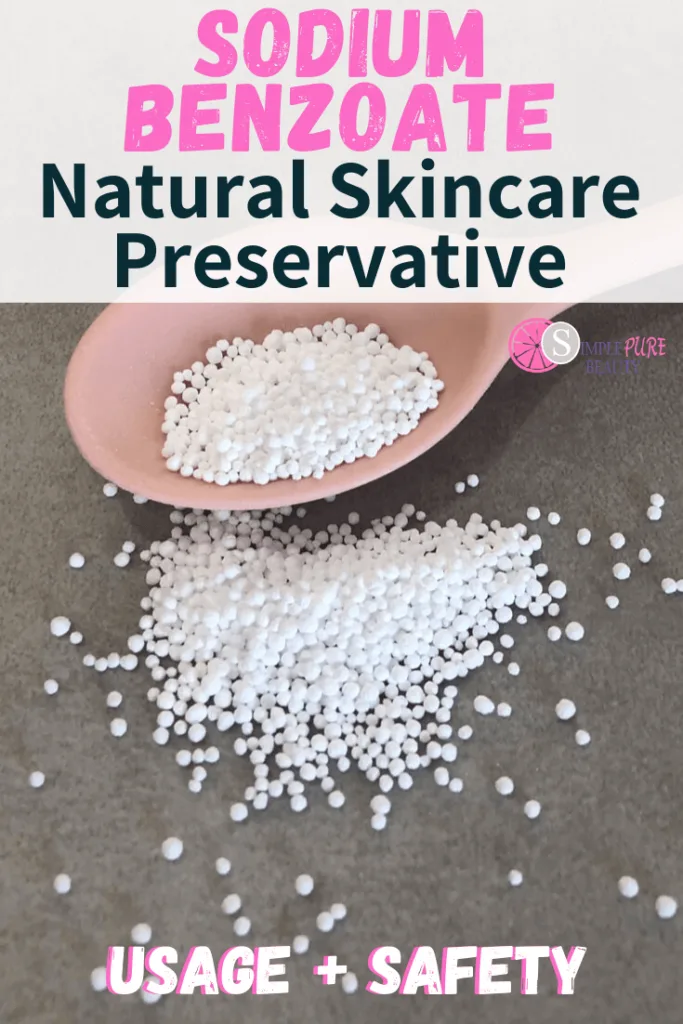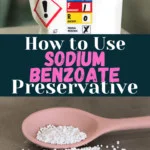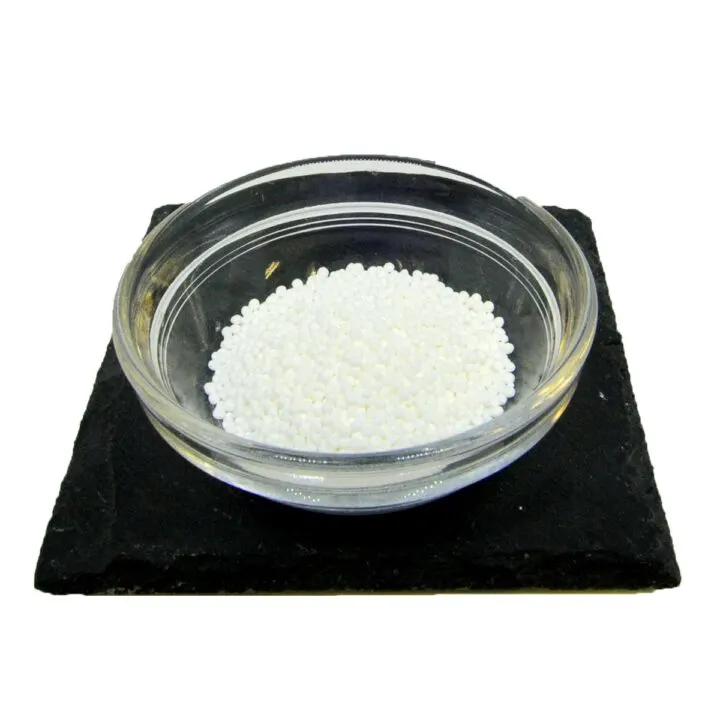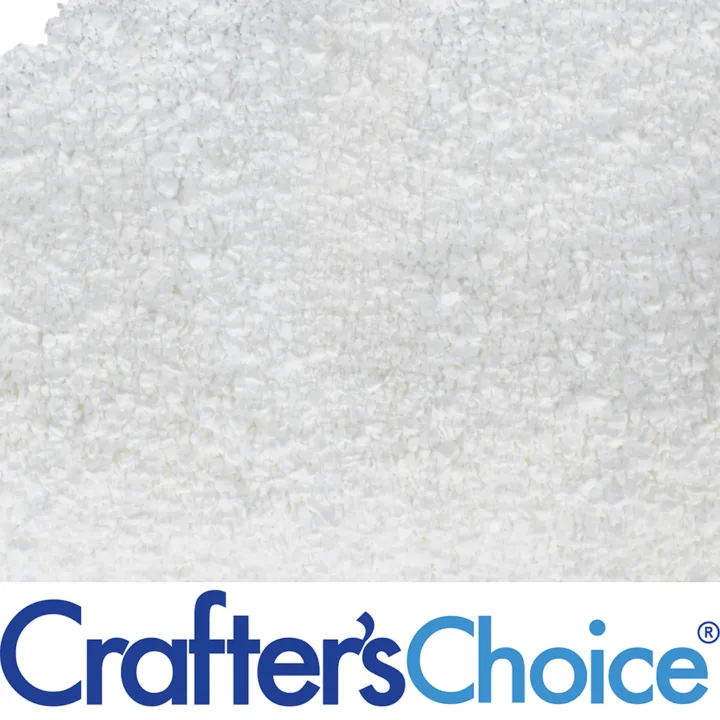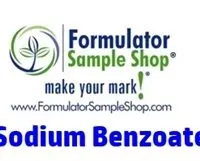Sodium Benzoate is a naturally derived anti-fungal preservative that is most effective at a very low pH in skin and hair products. It is most effective when used in conjunction with other natural preservatives like potassium sorbate.
It can also be used to help mask strong fragrances in skincare products and act as a corrosion inhibitor. It is relatively effective against yeast and molds mainly and shouldn't be used on its own.
Let's keep reading to learn more about Sodium Benzoate, safety and usage instructions when utilizing it to extend the shelf life of your beauty products.
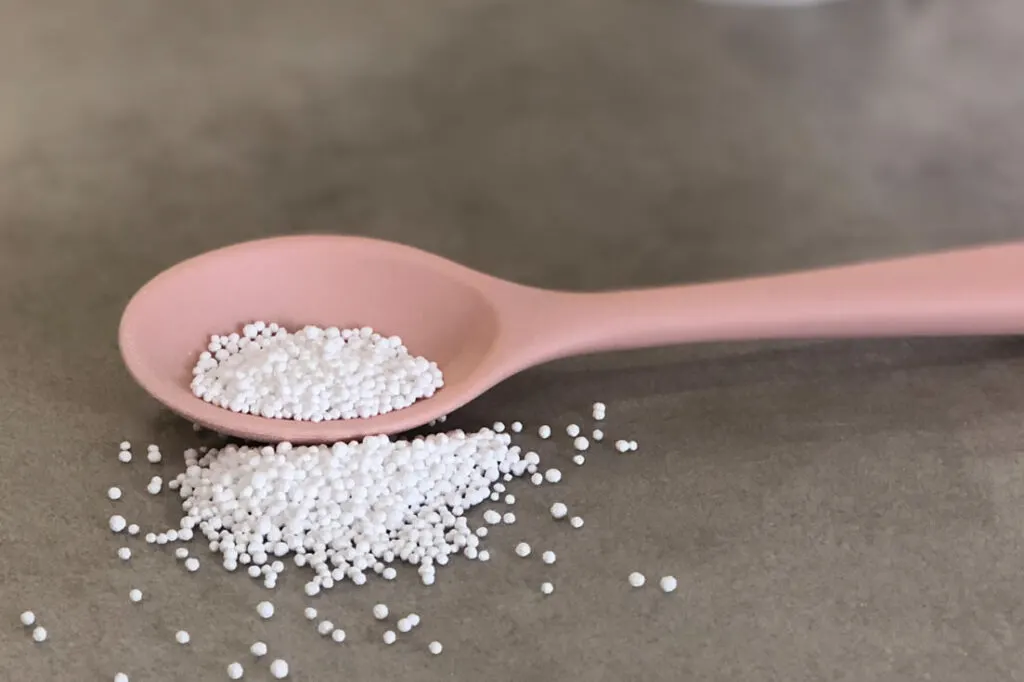
Sodium Benzoate Quick Facts
| Sodium Benzoate INCI: |
| Sodium Benzoate |
| COSMOS and ECOCERT Standards: |
| Sodium Benzoate meets COSMOS and ECOCERT standards |
| Sodium Benzoate Ingredients: |
| Benzoic acid, sodium hydroxide |
| Sodium Benzoate Preservation Activity: |
| Sodium benzoate works by releasing benzoic acid, which is absorbed into cells, inhibiting the growth and replication of microorganisms. This activity increases as pH falls. |
| Is Sodium Benzoate Water Soluble? |
| Sodium Benzoate is water-soluble up to 55%. |
| PH Compatibility: |
| Sodium Benzoate can have some activity at a pH of 6 but is most effective at a pH of 3. |
| Recommended Usage Levels: |
| The recommended usage level for Sodium Benzoate is up to .5% in leave on products. |
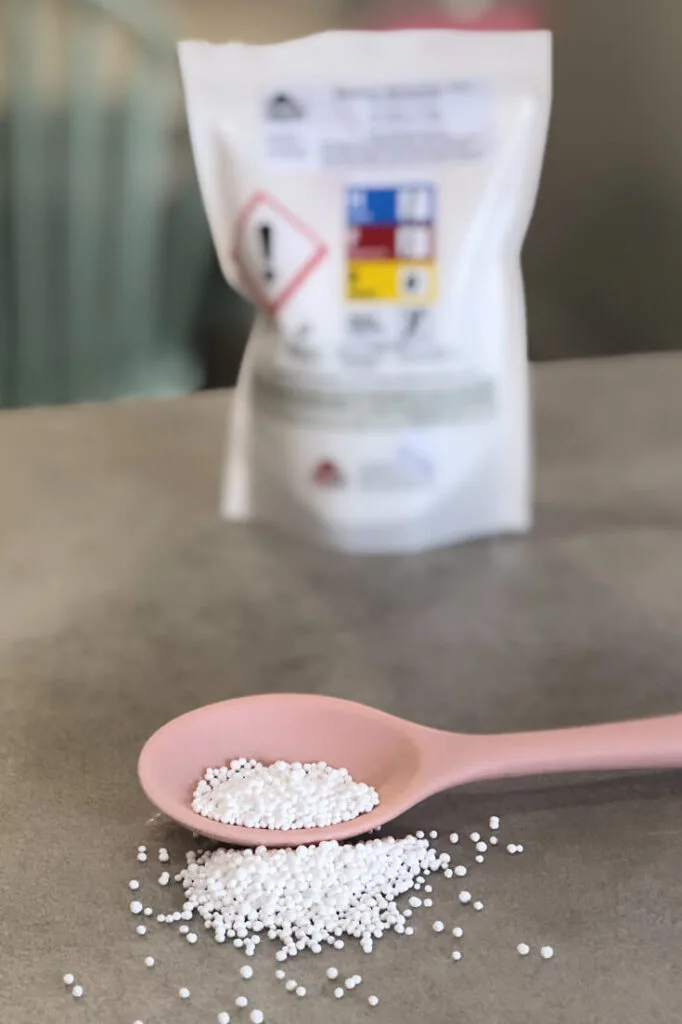
What is Sodium Benzoate?
Sodium Benzoate is the inactive salt in benzoic acid. It is soluble in water, where it converts to its active form, benzoic acid, in low pH environments.
Benzoic acid is a natural anti-fungal agent that inhibits the growth and replication of microorganisms.
Sodium Benzoate and Food
The use of Sodium Benzoate as a food preservative is regulated by the US Food and Drug Administration (FDA) and other international food regulatory organizations. The FDA has classified it as a GRAS (Generally Recognized as Safe) substance for use in food. It is authorized for use as a preservative in all food categories, including beverages, dairy products, meat and poultry, and baked goods.
Oftentimes you will find sodium benzoate in:
- soft drinks
- fruit juices
- salad dressings
- dairy products
Just because a preservative is GRAS certified doesn't mean you can't have reactions or issues with it.
Sodium Benzoate and Cosmetics
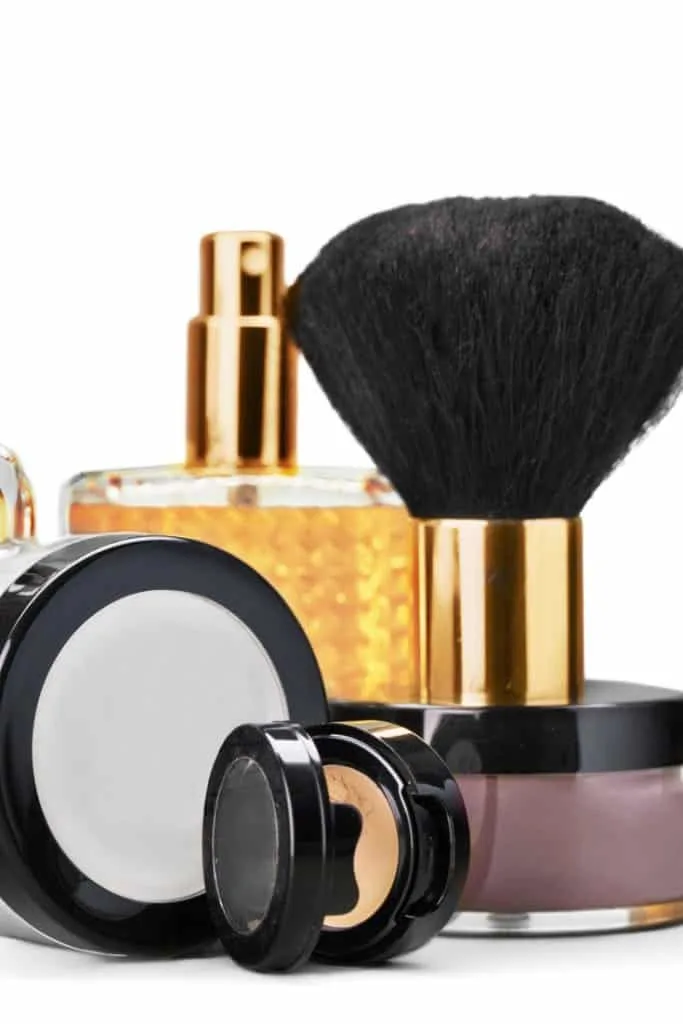
The use of Sodium Benzoate in personal care products & cosmetics is also regulated by international organizations such as COSMOS and ECOCERT.
These organizations have classified it as a safe and effective preservative for use in cosmetics, including skin and hair products. It is approved for use in all cosmetic categories.
How Does Sodium Benzoate Work?
Sodium Benzoate works by releasing benzoic acid, which is absorbed into cells, inhibiting the growth and replication of microorganisms. This activity increases as pH falls.
Sodium Benzoate is not a broad spectrum preservative for cosmetic use and should be used in combination with other preservatives.
It is most effective at preventing fungi growth; it does offer some protection from yeast and bacteria.
It is often used in combination with Potassium Sorbate in low pH products to protect against yeast and mold.
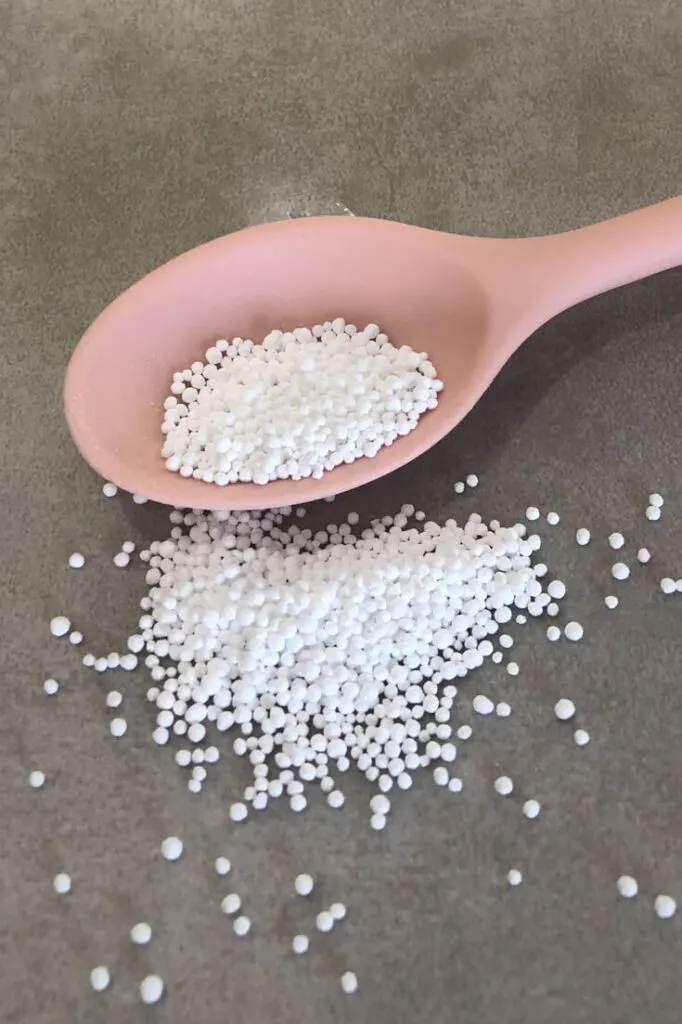
Is Sodium Benzoate Natural?
Sodium Benzoate is a man-made compound. It is derived from Benzoic Acid, which can be found in many plants.
Sodium Benzoate Cosmetic Uses
We've learned quite a bit about this skincare preservative, but let's dive a little bit deeper into how to incorporate it into your product formulations.
How to Use Sodium Benzoate Preservative in Product Formulations
Sodium Benzoate in cosmetics is most effective at a lower pH, preferably a pH as low as 3. It does have a small amount of efficacy at a pH of 6.
When adding Benzoic Acid to a formula, the pH should be lowered to facilitate benzoic acid release.
This preservative is often mixed with other preservatives such as potassium sorbate to create a synergistic effect covering a wide variety of bacteria, yeast, and molds.
It is recommended not to exceed a .5% in leave-on products.
Be sure to test your product pH before adding preservatives to ensure that they work most effectively.
Sodium Benzoate Dangers & Warnings
Sodium Benzoate is generally safe, but as mentioned before, it needs to be mixed with other preservatives such as Potassium Sorbate to provide broad-spectrum protection.
There are multiple broad spectrum, natural preservatives that include sodium benzoate as an ingredient like:
- Geogard® 221 (also known as Sharomix 721)
- Dermosoft® 1388 ECO (also known as Plantaserv C)
- Euxyl® K712 (also known as Saliguard® SP)
As mentioned above, many ingredients can be safely combined with Sodium Benzoate; however, there are two that are cause for concern.
Avoid using sodium benzoate with ascorbic & citric acid
L-ascorbic acid should never be mixed with Sodium Benzoate; this combination can form a benzene compound, a known human carcinogen.
So this would not be a good preservative choice for Vitamin C Serums or creams.
Combining these two ingredients together will often not produce benzene; other conditions must be met; however, the risk associated with potential benzene formation is not worth it.
Another ingredient that is often used with L-ascorbic acid is citric acid. It is thought that these three ingredients combined can cause accelerated benzene formation.
Where to Buy Sodium Benzoate Preservative
Sodium Benzoate - Lotion Crafter
Lotion Crafter offers a wide variety of ingredients for all of your formulating needs. They offer carriers oils, preservatives, exfoliants, anti-aging ingredients, butters and so much more. I order a lot of my supplies from Lotion Crafter. Lotion Crafter offers local & International shipping.
Sodium Benzoate - Wholesale Supplies Plus
Wholesale Supplies Plus offers a wide range of soap making & formulating supplies including bases, additives, carrier oils, fragrance & more. They are based in the US & while they do offer International shipping, they currently do not serve EU member states.
Sodium Benzoate | Formulator Sample Shop
Formulator Sample Shop carries a wide range of formulating and skincare ingredients including carrier oils, butters, preservatives, and more. You are able to purchase the exact quantities that you need, and if there is something you need that you don’t see on their website, just contact them! They do offer International Shipping as well.
Sodium Benzoate Skincare FAQs
We've covered a lot about sodium benzoate but you can find more answers to commonly asked questions in our FAQs:
Should you use sodium benzoate on sensitive skin?
Everyone's skin reacts differently when it comes to topical products and preservatives. If you have sensitive skin, it is best to do a patch test with a safe dilution of sodium benzoate and see how your skin reacts.
Can I use sodium benzoate in my hair products?
Yes, but be sure to avoid exposing the product to high temperatures, as this can break down the preservative.
Other Natural Preservative Options
If Sodium Benzoate doesn't work for your formulation, check out these other natural preservative options.
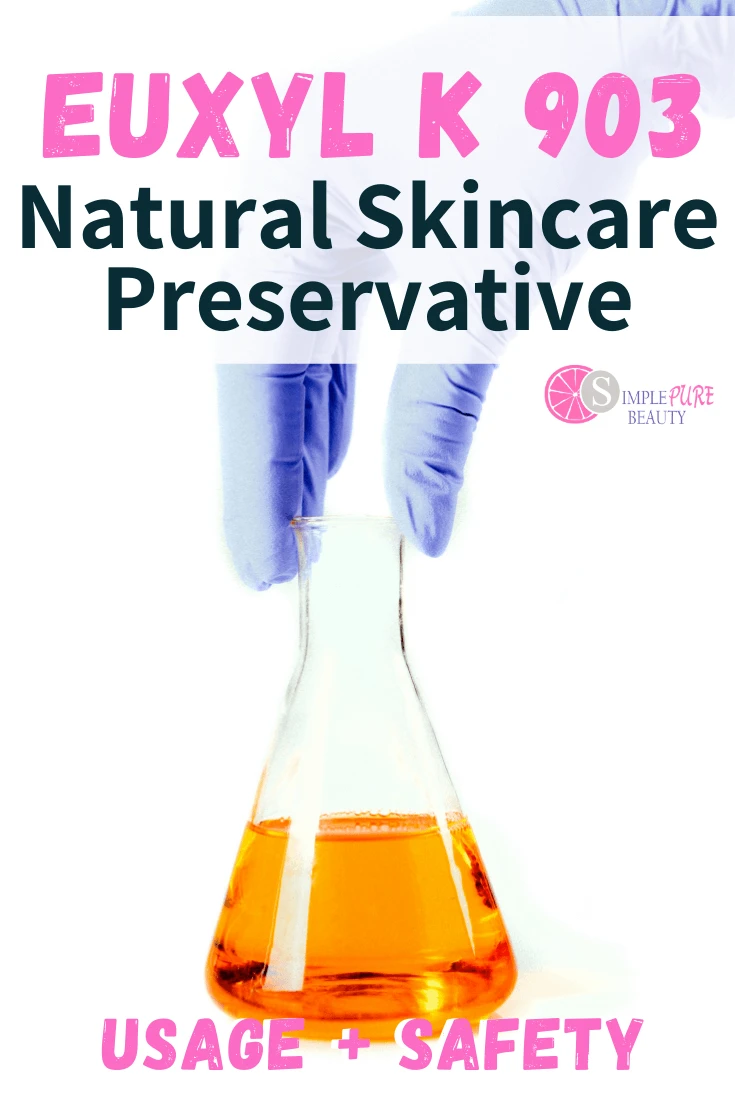
Euxyl K 903 Preservative Formulating Guidelines & Safety
Euxyl K 903 is a mild, liquid preservative that protects against a broad spectrum of bacteria, yeast, and molds. It can be used in a …
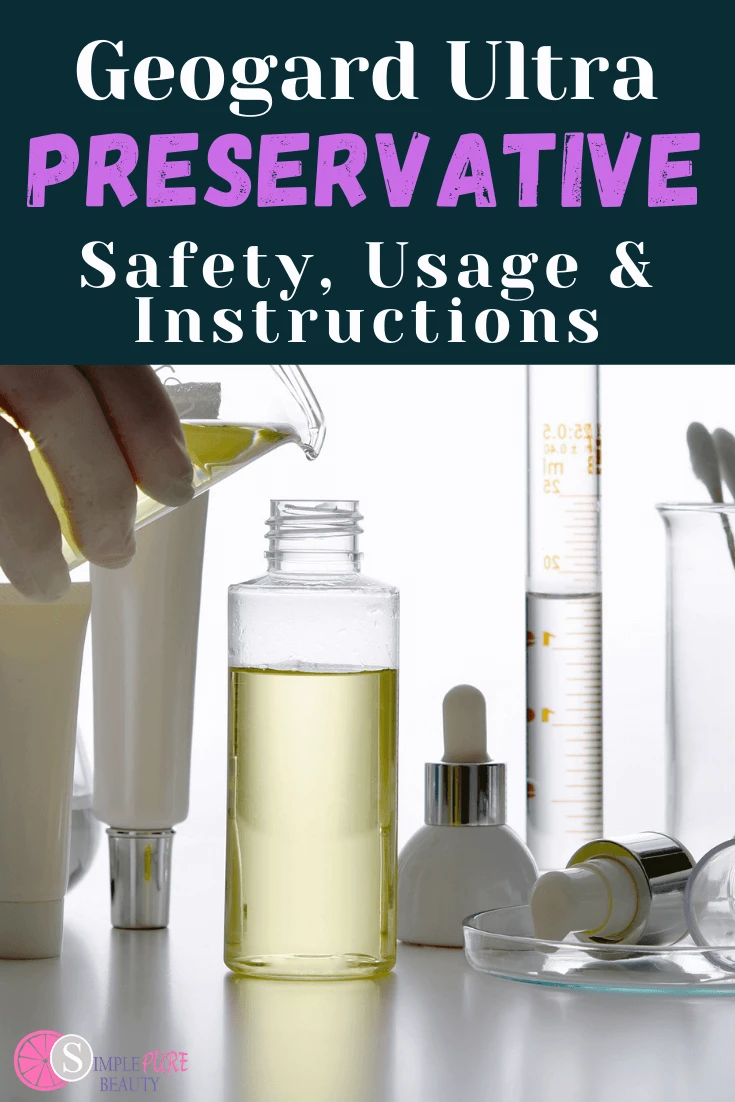
Geogard Ultra Preservative Formulating Guidelines & Safety
Geogard Ultra is a natural broad spectrum preservative the combines two organic acids that work together to provide long-lasting, effective protection from the growth of …
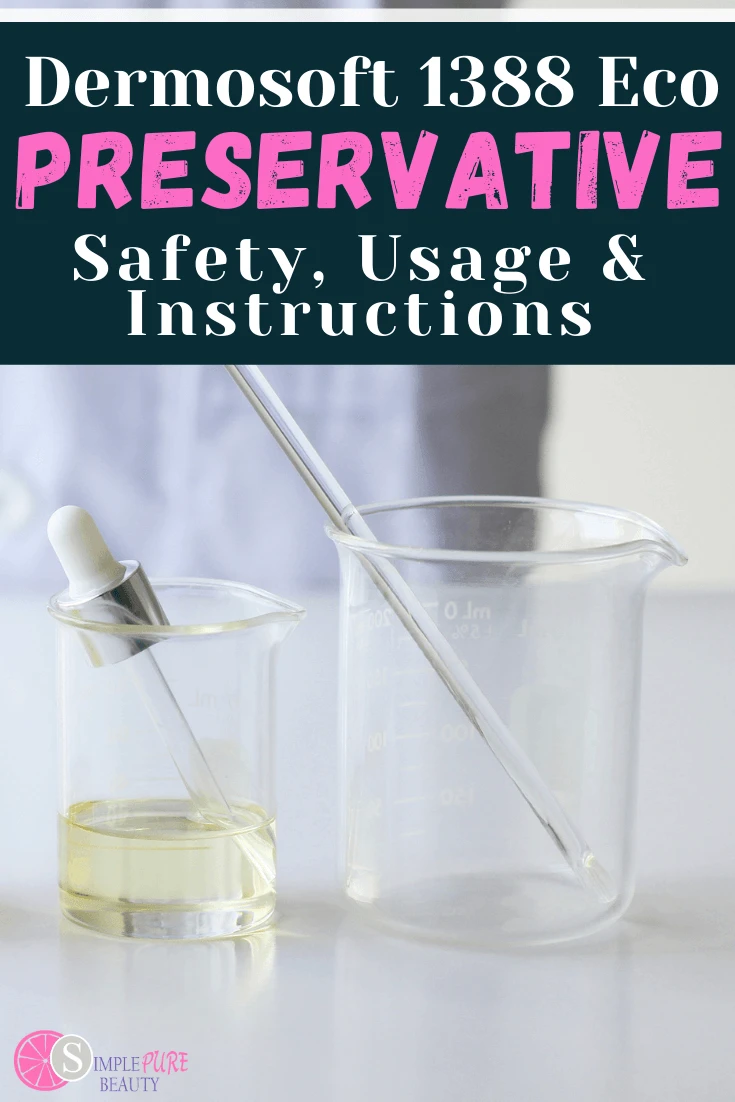
Dermosoft 1388 Eco Preservative Formulating Guidelines & Safety
Dermosoft 1399 Eco is a preservative that works with your skin’s natural pH to help keep your skincare products on your shelf longer. This preservative …
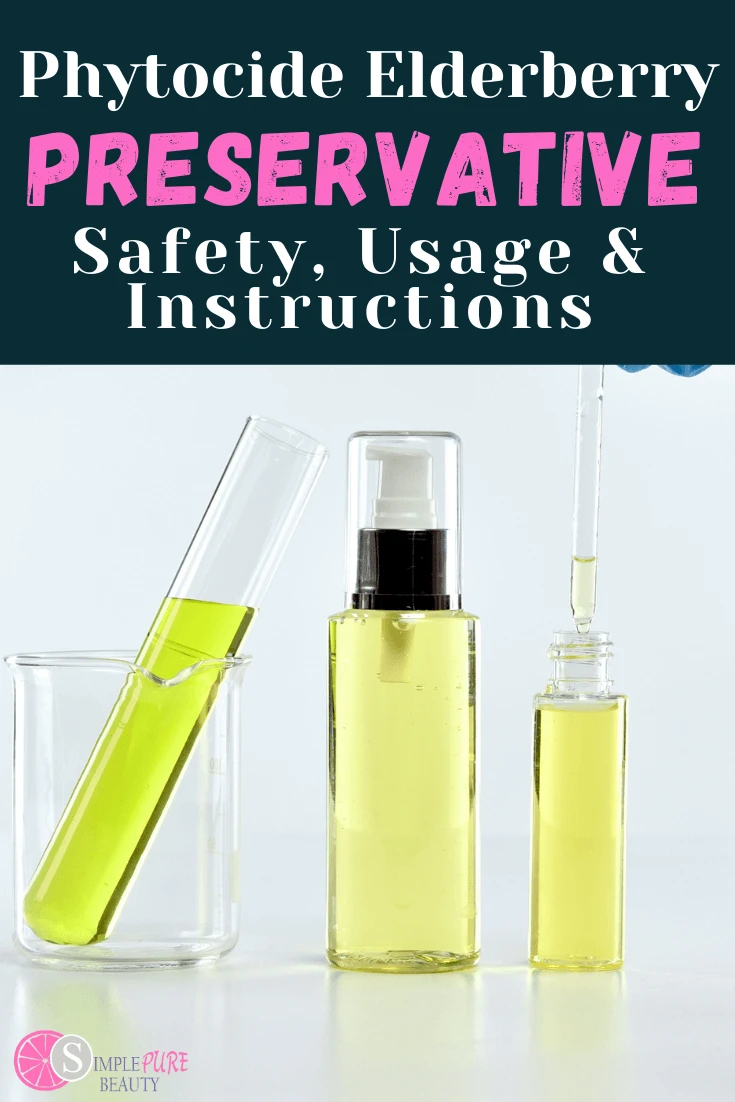
Phytocide Elderberry Preservative Formulating Guidelines & Safety
Phytocide Elderberry is a natural preservative that contains elderberries. These berries are basically a superfruit containing antioxidants that help protect skin from free radicals. They …

AMTicide Coconut Preservative Formulating Guidelines & Safety
AMTicide Coconut is a natural preservative that can be used in a variety of products. It provides great antifungal protection to help lengthen the shelf …
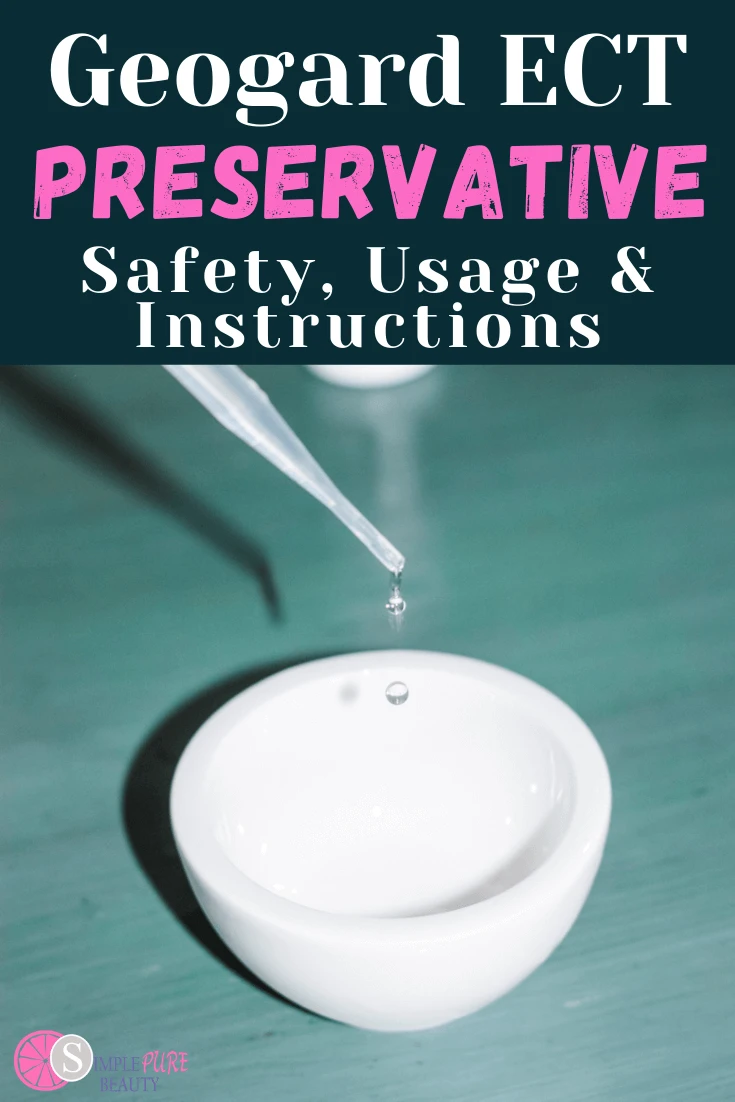
Geogard ECT Preservative Formulating Guideline & Safety
Geogard ECT is a broad-spectrum preservative that protects from bacteria, yeasts, and molds. It is a natural preservative that can be used in organic products. …
Share and Pin This Post for Later!
I hope you've enjoyed learning all about Sodium Benzoate for your skincare formulations. Be sure to share and pin this post for later!
